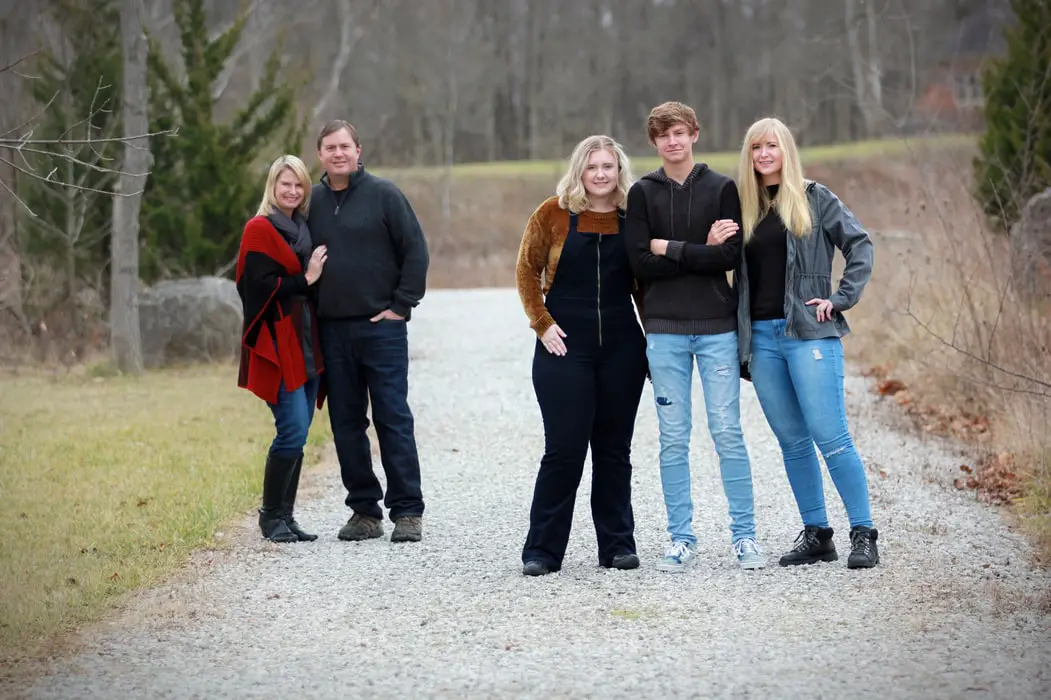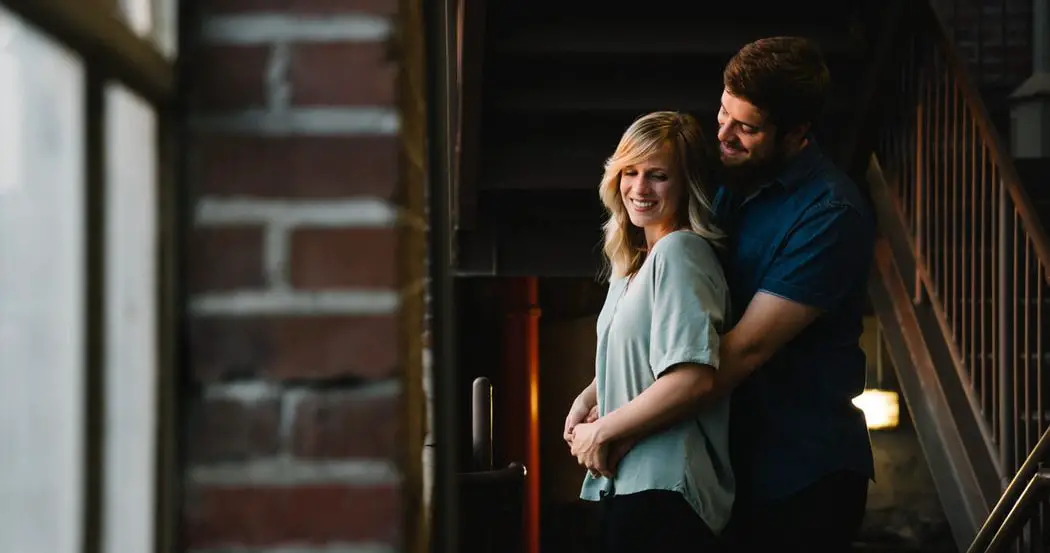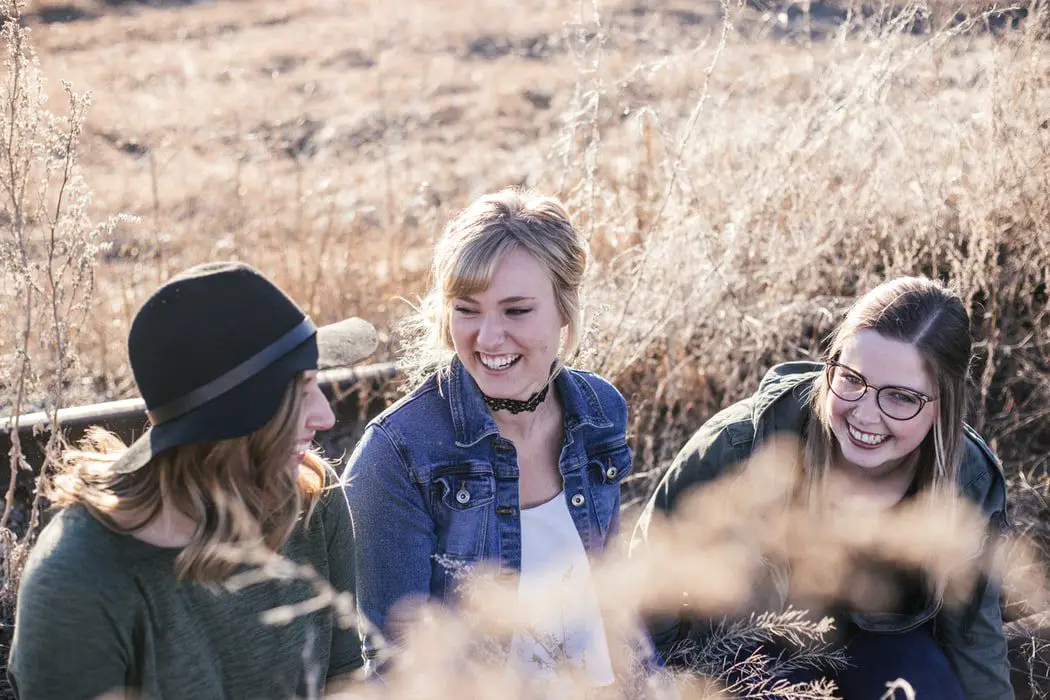[fusion_builder_container hundred_percent=”no” hundred_percent_height=”no” hundred_percent_height_scroll=”no” hundred_percent_height_center_content=”yes” equal_height_columns=”no” menu_anchor=”” hide_on_mobile=”small-visibility,medium-visibility,large-visibility” status=”published” publish_date=”” class=”@media only screen and ( min-width: 800px ) {padding-top: 0px; padding-right: 5px; padding-bottom: 0px; padding-left: 5px; }” id=”” background_color=”” background_image=”” background_position=”center center” background_repeat=”no-repeat” fade=”no” background_parallax=”none” enable_mobile=”no” parallax_speed=”0.3″ video_mp4=”” video_webm=”” video_ogv=”” video_url=”” video_aspect_ratio=”16:9″ video_loop=”yes” video_mute=”yes” video_preview_image=”” border_size=”” border_color=”” border_style=”solid” margin_top=”” margin_bottom=”” padding_top=”” padding_right=”15%” padding_bottom=”” padding_left=”15%” admin_label=”Large Screen text”][fusion_builder_row][fusion_builder_column type=”1_1″ layout=”1_1″ spacing=”” center_content=”no” link=”” target=”_self” min_height=”” hide_on_mobile=”small-visibility,medium-visibility,large-visibility” class=”” id=”” background_color=”” background_image=”” background_image_id=”” background_position=”left top” background_repeat=”no-repeat” hover_type=”none” border_size=”0″ border_color=”” border_style=”solid” border_position=”all” border_radius=”” box_shadow=”no” dimension_box_shadow=”” box_shadow_blur=”0″ box_shadow_spread=”0″ box_shadow_color=”” box_shadow_style=”” padding_top=”” padding_right=”” padding_bottom=”” padding_left=”0px” margin_top=”” margin_bottom=”” animation_type=”” animation_direction=”left” animation_speed=”0.3″ animation_offset=”” last=”true” first=”true”][fusion_text columns=”” column_min_width=”” column_spacing=”” rule_style=”default” rule_size=”” rule_color=”” hide_on_mobile=”small-visibility,medium-visibility,large-visibility” class=”” id=”” animation_type=”” animation_direction=”left” animation_speed=”0.3″ animation_offset=””]
[/fusion_text][fusion_text columns=”” column_min_width=”” column_spacing=”” rule_style=”default” rule_size=”” rule_color=”” hide_on_mobile=”small-visibility,medium-visibility,large-visibility” class=”” id=”” animation_type=”” animation_direction=”left” animation_speed=”0.3″ animation_offset=””]
Five Types of Relationships You Need in Life to Be Happy
You might have healthy relationships in your life, but do you have the five different types of relationships that you need? Too often, we emphasize the straightforward connections, such as family or dating. In doing so, we are missing a critical factor in our happiness.
Think of it like a well-balanced diet (and not one of those new-fangled juice cleanse diets, which I can only imagine results in 27 pee breaks in your day). You need protein, grains, dairy, fruits, and vegetables to be adequately nourished.
Sure, you could get by with meals of only proteins and vegetables – but you would be lacking in vital nutrients. Not to mention you’d be missing out on diverse flavors and eating experiences.
The relationships in your life are like a balanced diet. You need to establish and maintain all the different types of relationships to be fully satisfied.
The Need for Belonging
Humans are social creatures by design. In fact, we are wired to belong to groups and maintain strong relationships with others.
The very first humans depended on these social connections to survive when hunting, gathering, and braving the elements. If they found themselves separated from others, their bodies literally sent them a signal of fear and guilt: you need the group, and the group needs you, so get back now. (I like to imagine this message given in the chord of C sharp with backup singers).
While the physical dangers might have subsided for us, the need to have various types of relationships with others did not.
Feeling a sense of belonging has a drastic effect on our mental, emotional, and physical health. These effects include:
- Improved physical health, recovery time, and immunity against sickness
- Reduced stress
- Increased life expectancy
- Higher self-esteem
- Decreased depression and anxiety
So, if you are human (and I imagine most of you are, despite my best efforts to teach my dog to read), you need relationships in your life.
Now it’s time to learn what types of relationships you need in life.
5 Types of Relationships You Need in Life
1. Family Relationships
Perhaps the most apparent type of relationship is the most primal. Family is unavoidable; after all, being born necessitated that you have parents.
However, the definition of family is difficult to pin down. A conventional outlook on family includes parents, children, and relatives that share a genetic bond. Many would argue, however, (including yours truly) that people do not need to have a genetic connection to have a familial connection. You can try to give labels to all the different types of families out there, but sometimes too much specificity can lock us in.
For the sake of our types of relationships, we’ll describe family as a close group of people that you feel decidedly connected with and share essential life experiences with.
You can make your own definition of what “decidedly connected” and “key life experiences” are. (Heck, you should question my definition of family and make your own one in the first place).
For me, my family consists of people that I’ve grown up with since childhood. My parents and brother are obviously a part of my family. Still, my aunts, uncles, and cousins all played a very active role in my upbringing and continue to do so in my adult life.
I didn’t necessarily choose my family, but I did have a choice in maintaining relationships with family members as I got older. I also have a lot of ownership in creating a new family with my boyfriend and dog (who I still love, despite his illiteracy).
Unlike the other types of relationships, family can provide us with a sense of security and stability in our lives. While this might not be true for everyone, feeling a sense of belonging with such permanency yields profound effects.
.
2. Friendships
Of all types of relationships, we tend to put a lot of rhetoric around friendship at every age. The first day of kindergarten – did you make any friends? New job in a new town – any coworkers that you’d want to spend with outside of work? Moved into the new, hotshot nursing home – find anybody who can still hear and wants to be around you after Bingo ends?
This is because our need for belonging is so great, we physically need to feel connected with the people around us.
Spending time with people is vital in fighting feelings of loneliness and boredom; however, it is not enough to simply spend time with people. (Believe me, a twelve-hour waitress shift around the same three people will teach you that very quickly).
People need to share mutual affection and trust for each other to make it to the friendship level. You need to enjoy someone’s company and care about them, and they need to feel the same way about you.
While simple in theory, we all know that this is easier said than done. Developing friendships take time and effort (not to mention a mutual love for tacos and margaritas… oh wait, maybe that’s just me).
You need friends in your life to know that you have a support system you belong to. More than that, though, you need friends to have fun with, share similar views, learn from, and depend on.
.
3. Proximity People
Okay, so you’re born into your family, and you choose your friends. Where does that leave the rest of the people you interact with? Ah, great question. It leaves them in a category I’ve dubbed “Proximity People.”
You’re probably more familiar with the term “acquaintances,” but I wanted to break away from the connotation that comes with this label. If family and friends make up your priority circles, acquaintances are the people that are shoved into the empty spaces around your circles.
This perspective discounts the incredibly powerful role that the people around us play in our life and happiness.
Proximity people are the individuals who have close proximity to you and your daily routine, despite not being a trusted confidant. They might be your coworkers, classmates, baristas – anybody that you see on a regular or semi-regular basis.
It’s crucial to put time and energy into having positive relationships with our proximity people. You don’t need to unveil our deepest secrets, but taking conversations beyond small talk and weather updates can go a long way.
It might seem weird to put energy into a relationship that isn’t a friend or family member. I used to believe that I either needed to make someone my friend or not waste the effort. However, this all-or-nothing mindset can trap us. Sometimes we feel like we should either develop the relationship into something more or drop it altogether.
Having positive relationships with our proximity people is extremely important. Imagine all of the interactions you have every day with the people around you. If you genuinely enjoy those interactions, you will have a much better day.
Proximity people are one of the most critical yet neglected types of relationships. Try to be more present and engaged with the people around you and see the effects it will have.
.
4. Collective Relationships
Collective relationships might seem similar to proximity people, and in many ways, it is. But our fourth type of relationship goes beyond physical proximity.
Collective relationships are with people whom we share some type of collective identity or group membership. We are connected by an overarching cause or affiliation, which automatically links us into a shared sense of belonging.
We might have a collective relationship with members of an organization we work for or a club we are a part of. It might be a joint affiliation with a league, community center, workout group, or church. The options are endless, but the main element is the same: we belong to the same group as someone else.
Collective relationships are crucial because they tap into that evolutionary need to be a part of a group. Whether by chance or by design, we share a common goal or belief with others that our brains almost immediately latch onto. We are contributing to a common cause.
I spent many years of my life on sports teams. Because of this, I always had 10-20 girls around me that I connected to on an automatic level. When my sports career ended, I felt a significant loss in my life. Over time, I began to find that feeling of connectedness with other groups, such as the school I work at.
The more meaning we can attach to our collective relationships, the more we’ll set ourselves up for the positive benefits of belonging.
.
5. Romantic Relationships
As a child watching all of the Disney princess movies, I grew up with an unrealistic outlook on falling in love (as well as underlying insecurity about finding it). Our society definitely puts an unspoken pressure and immediacy on finding a partner, which can be extremely harmful.
That being said, when you’re ready, and the timing works out, romantic relationships can have positive impacts on your overall happiness.
Multiple studies have proven that healthy marriages have a ton of health benefits, including less stress, decreased risk of illness, and a longer life expectancy. A lot of these benefits are valid for all types of relationships, not just marriage. Still, married people have experienced them in higher amounts than their unmarried counterparts.
These benefits make intuitive sense. In our search for belonging, romantic relationships give us the ultimate stability: an opportunity to belong to one person, and vice versa. Our minds and bodies can relax, knowing that we have a person to go home to.
Furthermore, romantic relationships allow us to be around one person in our daily lives. The constant face-to-face interaction, as well as physical touching, taps into our primal need for belonging.
If you aren’t in one, you don’t need to go find a romantic relationship tomorrow. However, understanding the meaning you can derive from having a partner is crucial as you consider the types of relationships you have and need in your life.
.
Questions to Ask Yourself about the Types of Relationships in Your Own Life
It’s not enough to learn about the types of relationships you need in your life. To achieve the fulfillment you’re looking for, you need to turn what you learned back on yourself.
Consider the five questions below to take inventory of the relationships in your life:
1. Which of the types of relationship do you feel is missing from your life?
It’s easy to argue that some types of relationships are more important than others. Yet the reality is that all categories hold weight concerning our overall happiness. Which type of relationship is absent from your life?
2. Do you have a meaningful relationship in each category?
Many of us have people in each category – parents, friends, proximity people – but are these relationships meaningful? A meaningful relationship needs to include mutual affection, some degree of trust, and sustained energy.
3. Do you know what you want from relationships in each category?
Self-awareness will change your relationships. Before you can develop healthy relationships for each category, you need to know what you want from each person. What would make you happiest?
4. How can you strengthen each of the types of relationship?
The makeup of all types of relationships is different; therefore, strengthening them requires different needs. Take inventory of the relationships in your life for each category. How can you enhance them?
5. Which of the types of relationship is your strongest?
It can be easy to get caught up with all of the things that are missing from your life. Take a moment to acknowledge and appreciate the healthy relationships in your life. As you try to build others, don’t be afraid to go back to your strengths for comfort and encouragement.
.
Conclusion
Humans have a deeply-rooted need to belong. So much so that we have significant physical, mental, and emotional health consequences depending on if we have strong relationships or are lacking them.
This sense of belonging is achieved through establishing and maintaining secure relationships in our life. However, we often overlook the different types of relationships we should be prioritizing.
To live happily and achieve all the health benefits of belonging, you need to maintain connection through five types of relationships. These include:
- Family Relationships – A close group of people that you feel decidedly connected with and share key life experiences with. People who’ve been with you for a long time and you can count on.
- Friendships – People whom you share mutual affection with. These relationships are driven by trust, care, and enjoyment of each other’s company.
- Proximity people – People who have close proximity to you and your daily routine, despite not being a trusted confidant. They might be your coworkers, classmates, baristas – anybody that you see on a regular or semi-regular basis.
- Collective relationships – People whom we share some type of collective identity or group membership. We are connected by an overarching cause or affiliation, which automatically links us into a common sense of belonging.
- Romantic relationships – When the timing is right, people whom we maintain a deep, loving, and romantic connection with. This gives us a mutual sense of “we belong to each other.”
Take an inventory of the relationships in your life for each category. You can do so by asking five questions:
- Which type of relationship do you feel is missing from your life?
- Do you have a meaningful relationship in each category?
- Do you know what you want from relationships in each category?
- How can you strengthen each type of relationship?
- Which type of relationship is your strongest?
Interested in learning how to build meaningful relationships that matter? Read the next post in the series.
Before you click on to the next post (or lose your chance at meaningful relationships and click to another site #heartbreaker), choose one of the questions and answer it below.
.
[/fusion_text][/fusion_builder_column][/fusion_builder_row][/fusion_builder_container][fusion_builder_container admin_label=”Large Screen follow-up” hundred_percent=”no” hundred_percent_height=”no” hundred_percent_height_scroll=”no” hundred_percent_height_center_content=”yes” equal_height_columns=”no” menu_anchor=”” hide_on_mobile=”small-visibility,medium-visibility,large-visibility” status=”published” publish_date=”” class=”” id=”” border_size=”0″ border_color=”” border_style=”solid” margin_top=”” margin_bottom=”” padding_top=”” padding_right=”25″ padding_bottom=”” padding_left=”25″ gradient_start_color=”” gradient_end_color=”” gradient_start_position=”0″ gradient_end_position=”100″ gradient_type=”linear” radial_direction=”center” linear_angle=”180″ background_color=”#000000″ background_image=”” background_position=”center center” background_repeat=”no-repeat” fade=”no” background_parallax=”none” enable_mobile=”no” parallax_speed=”0.3″ background_blend_mode=”none” video_mp4=”” video_webm=”” video_ogv=”” video_url=”” video_aspect_ratio=”16:9″ video_loop=”yes” video_mute=”yes” video_preview_image=”” filter_hue=”0″ filter_saturation=”100″ filter_brightness=”100″ filter_contrast=”100″ filter_invert=”0″ filter_sepia=”0″ filter_opacity=”100″ filter_blur=”0″ filter_hue_hover=”0″ filter_saturation_hover=”100″ filter_brightness_hover=”100″ filter_contrast_hover=”100″ filter_invert_hover=”0″ filter_sepia_hover=”0″ filter_opacity_hover=”100″ filter_blur_hover=”0″][fusion_builder_row][fusion_builder_column type=”1_1″ layout=”1_1″ spacing=”” center_content=”no” link=”” target=”_self” min_height=”” hide_on_mobile=”small-visibility,medium-visibility,large-visibility” class=”” id=”” background_color=”” background_image=”” background_image_id=”” background_position=”left top” background_repeat=”no-repeat” hover_type=”none” border_size=”0″ border_color=”” border_style=”solid” border_position=”all” border_radius=”” box_shadow=”no” dimension_box_shadow=”” box_shadow_blur=”0″ box_shadow_spread=”0″ box_shadow_color=”” box_shadow_style=”” padding_top=”” padding_right=”” padding_bottom=”” padding_left=”” margin_top=”” margin_bottom=”” animation_type=”” animation_direction=”left” animation_speed=”0.3″ animation_offset=”” last=”true” first=”true”][fusion_title hide_on_mobile=”small-visibility,medium-visibility,large-visibility” class=”” id=”” content_align=”center” size=”1″ font_size=”” line_height=”” letter_spacing=”3px” margin_top=”5px” margin_bottom=”-40px” margin_top_mobile=”” margin_bottom_mobile=”” text_color=”#ffffff” style_type=”double solid” sep_color=”#0220ff”]
FOLLOW-UP QUESTIONS
[/fusion_title][fusion_text columns=”” column_min_width=”” column_spacing=”” rule_style=”default” rule_size=”” rule_color=”” hide_on_mobile=”small-visibility,medium-visibility,large-visibility” class=”” id=””]
Comment below with answers, ideas, and more questions, or contact me to collaborate on a future post!
[/fusion_text][fusion_builder_row_inner][fusion_builder_column_inner type=”1_2″ layout=”1_2″ spacing=”” center_content=”no” hover_type=”none” link=”” target=”_self” min_height=”” hide_on_mobile=”small-visibility,medium-visibility,large-visibility” class=”” id=”” background_color=”” background_image=”” background_position=”left top” background_repeat=”no-repeat” border_size=”0″ border_color=”” border_style=”solid” border_position=”all” border_radius=”” box_shadow=”no” dimension_box_shadow=”” box_shadow_blur=”0″ box_shadow_spread=”0″ box_shadow_color=”” box_shadow_style=”” padding_top=”” padding_right=”” padding_bottom=”” padding_left=”” dimension_margin=”” animation_type=”” animation_direction=”left” animation_speed=”0.3″ animation_offset=”” last=”false” first=”true”][fusion_title hide_on_mobile=”small-visibility,medium-visibility,large-visibility” class=”” id=”” content_align=”center” size=”4″ font_size=”30px” line_height=”” letter_spacing=”1px” margin_top=”” margin_bottom=”-10px” margin_top_mobile=”” margin_bottom_mobile=”-10px” text_color=”#ffffff” style_type=”single dashed” sep_color=”#022cff”]
EXPLORING YOURSELF
[/fusion_title][fusion_checklist icon=”fa-question-circle fas” iconcolor=”#0216f2″ circle=”no” circlecolor=”#e0e0e0″ size=”18px” divider=”yes” divider_color=”#ffffff” hide_on_mobile=”small-visibility,medium-visibility,large-visibility”][fusion_li_item icon=””]
Which type of relationship do you feel is missing from your life?
[/fusion_li_item][fusion_li_item icon=””]
Which type of relationship is your strongest?
[/fusion_li_item][fusion_li_item icon=””]
How do you derive meaning from each type of relationship in your life?
[/fusion_li_item][/fusion_checklist][/fusion_builder_column_inner][fusion_builder_column_inner type=”1_2″ layout=”1_2″ spacing=”” center_content=”no” hover_type=”none” link=”” target=”_self” min_height=”” hide_on_mobile=”small-visibility,medium-visibility,large-visibility” class=”” id=”” background_color=”” background_image=”” background_position=”left top” background_repeat=”no-repeat” border_size=”0″ border_color=”” border_style=”solid” border_position=”all” border_radius=”” box_shadow=”no” dimension_box_shadow=”” box_shadow_blur=”0″ box_shadow_spread=”0″ box_shadow_color=”” box_shadow_style=”” padding_top=”” padding_right=”” padding_bottom=”” padding_left=”” dimension_margin=”” animation_type=”” animation_direction=”left” animation_speed=”0.3″ animation_offset=”” last=”true” first=”false”][fusion_title hide_on_mobile=”small-visibility,medium-visibility,large-visibility” class=”” id=”” content_align=”center” size=”4″ font_size=”30px” line_height=”” letter_spacing=”1px” margin_top=”” margin_bottom=”-10px” margin_top_mobile=”” margin_bottom_mobile=”-10px” text_color=”#ffffff” style_type=”single dashed” sep_color=”#0220ff”]
EXPANDING YOUR WORLD
[/fusion_title][fusion_checklist icon=”fa-question-circle fas” iconcolor=”#0216f2″ circle=”no” circlecolor=”#ffffff” size=”18px” divider=”yes” divider_color=”#ffffff” hide_on_mobile=”small-visibility,medium-visibility,large-visibility”][fusion_li_item icon=””]
How can we create systems of collective membership for individuals?
[/fusion_li_item][fusion_li_item icon=””]
According to science, is there an ideal number of friends to have?
[/fusion_li_item][fusion_li_item icon=””]
How do relationships affect our brain’s wiring and performance?
[/fusion_li_item][/fusion_checklist][/fusion_builder_column_inner][/fusion_builder_row_inner][/fusion_builder_column][/fusion_builder_row][/fusion_builder_container]








These are helpful suggestions. There is a dynamism to relationships: some areas gaining strength while others decrease- and our happiness is dependent on keeping a balance in all areas. It’s helpful to look at how we are doing in all five- I think having only one amazing relationship is not enough for happiness and belonging. Thanks for writing this article.
I couldn’t agree more, Andy. Also I think your comment speaks to the fact that our lives are constantly changing. It’s not only naive, but also damaging to think that we’ll never grow or change. As we do, our relationships will inevitably flow. I’m glad you like the idea of checking into all five, as I think it can be a good practice to get into as we reflect during our changing lives.